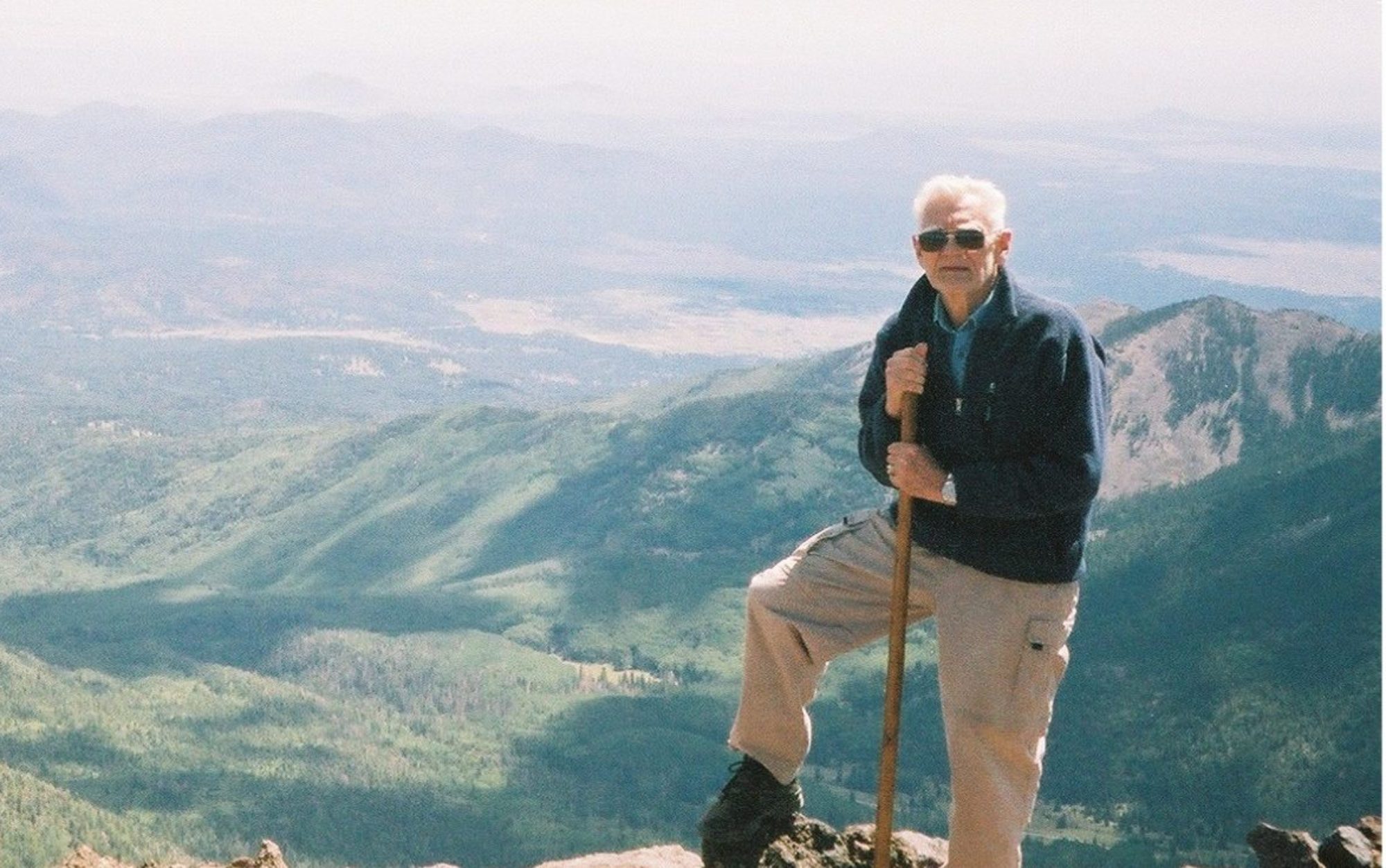By Robert Wheeler
It is now widely accepted that the fundamental purpose of life is to live, survival. It is built into life, either by a mysterious creator or by an equally mysterious evolution process. Yet it is also accepted that our human lives are limited. For each of us, our physical life will probably cease within ninety years. There is some speculation that we have something like consciousness or soul that may survive, but we can not count on it. Is there some other way we can survive?
A part of the survival trait built into us is reproduction. This is an indirect form of survival by passing on some of our genetic make-up to successors. Because of our sophisticated cognitive abilities, we can also pass on something of ourselves through influencing other people. This is not only for individuals, but also for increasing our biological species and social culture. History shows that there has always been a continual development of our species with the emergence of radically improved abilities to survive and reproduce. So, a good way to fill our goal of survival is through contributing to our human species survival.
There are problems with this, though, because it is widely accepted that life as we know it will cease to exist in about a billion years. By then the sun will have expanded to such an extent that the ultimate in global warming will occur and physical life on earth will be extinguished. Science and most religions predict this demise for our current species. Most religions provide for the emergence of a new form of life in a different form of reality. Science is not so optimistic, but from an objective point of view there is hope that comes from a study of history.
Our human species can be traced back about seven million years when for some reason a group of advanced primates ventured out away from their habitat and were challenged with new situations that stimulated growth of their brain capacity. In about four million more years, this courageous group had multiplied and learned to travel long distances by walking upright. By 100,000 years ago they had expanded into what is known now as the Middle East, India, and Europe, adjusting to new challenges with increased physical and mental abilities. Fitness for life continued to improve resulting in the emergence of our current humans with sophisticated mental abilities. There seem to be aspects of our mind that may extend beyond the brain supporting the concept of a soul or universal consciousness. The big question is whether the continued development of our brain capacity and mind can produce some aspect of human life that can survive destruction of physical life? We have about a billion years to work on it. Can our current efforts be redirected for such pursuit?
Despite the amazing revelations of modern science and openness of current belief systems, the answers to these questions are that we do not know. Such expectation is purely speculation, but it is clear that belief in its possibility stimulates both individual and species development. Furthermore, it provides the feeling of satisfaction that we are pursuing our destiny, filling our most basic need. How different our society and our world would be if media, educators, politicians, and leaders would emphasize this pursuit rather than the current emphasis on wealth, entertainment, comfort, consumerism, and power.
